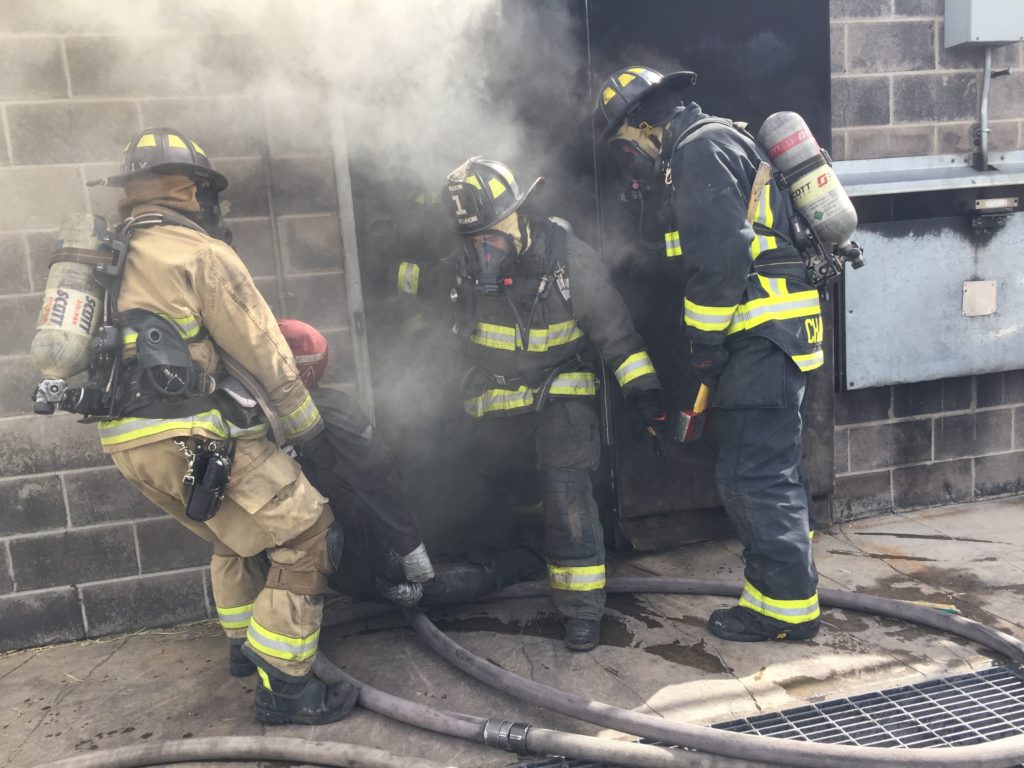Confirm Your Identity
At work we talk often about how the career of firefighting and public service has a propensity to define who we are as people. When you go to a house party you are introduced as a firefighter right after your name is mentioned and often the conversation revolves around the job. As firefighters we also see a trend that the only people you hang out with and associate with are other firefighters. Some of this is because we truly are a large extended family and we spend ⅓ of our lives at the firehouse due to how our shift work schedules are organized. It is very easy to live and breathe the job and have a work/life balance that is heavily and negatively skewed towards firefighting, training, and never explore outside hobbies or interests.
This concept in the sports psychology world is called “Athletic Identity” and leads into research and strategies related to balance, long term happiness and burnout.
This athletic identity problem is certainly not limited to athletes and the term easily applies to emergency services & the greater fire service. We see examples consistently with professional athletes, olympians, and even armed forces personnel when they are done playing their sport or transition back on the “real world”. Mental health is being talked about and addressed within all of these different areas and the fire service has largely ignored the impact of a healthy identity until the last couple of years.

Athletic identity certainly can be a positive factor in one’s life. Having a goal, learning, failing and succeeding through diligent and consistent hard work is absolutely a positive thing and leads the fortunate ones to compete at the highest levels. Being a member or a team and driving towards something bigger than yourself is also a very positive thing in my opinion. But as referenced above sometimes our perspective and priorities get skewed and this can lead to some dark and troubling results. I think it is extremely important to define your why as Simon Sinek has brilliantly described in his TED talk, and to establish what I call your “guiding principles”. These techniques get to the root of who you are as a human, what you stand for, and then you can apply these concepts to whatever sport, job, life choice you make. These concepts keep you diversified and grounded which, in my opinion, leads to a much happier, healthier, and successful portfolio for positive mental health.
If we truly define who we are as people and why we get out of bed in the morning with a smile on our face and passion in our hearts, we can check back on this foundation when the “stuff” gets real. This process doesn’t need to be complex by any means! Grab a pen and paper and jot down the things and people that truly matter to you. Find the consistent themes and develop your personal Why statement like Sinek talks about and see what level it takes you too. Even in the hard times. If you want to deep dive in this concept and figure out how to make your athletic identity a superpower check out our online course Presilience for the Emergency Scene. This class has a module dedicated solely to your guiding principles and helps you work through the process of developing and defining it.
So get out there, keep pushing and serving the community, your department, your family and yourself. Just do it in a way that is focused and healthy!






